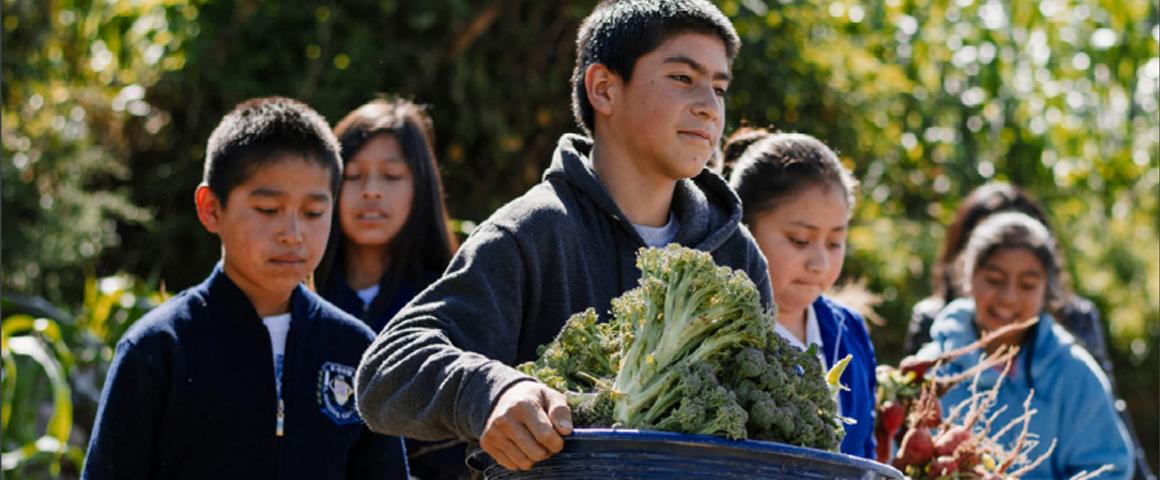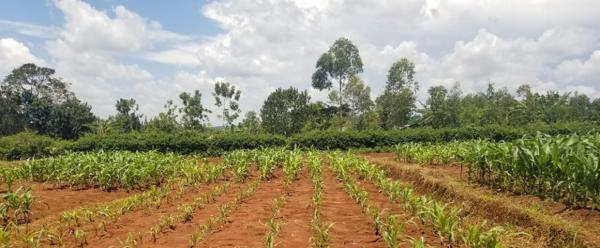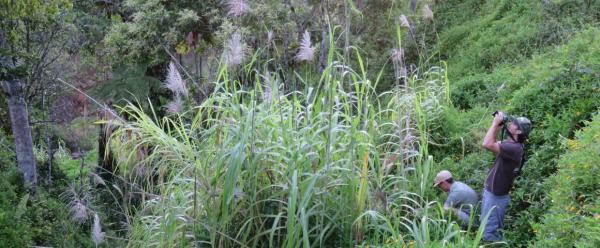Just out 3 February 2026
- Home
- Press area
- Press releases
- Report on Agrifood Systems Technologies
FAO and CIRAD Release Foresight Report on Pre-emerging and Emerging Technologies for Agrifood Systems

© Pep Bonet/NOOR, FAO
The foresight study, which builds on previous work, highlights the crucial role of science, technology, and innovation in achieving the Sustainable Development Goals (SDGs). It presents a detailed look at 20 selected technologies and innovations, organized into seven clusters, such as advanced biotechnologies, digital technologies, and frugal innovations. The report also delves into 10 emerging innovation fields, including vertical farming, precision agrifood systems, and circular agriculture.
Key findings from the report emphasize that no single technology can address the full range of challenges ahead. Instead, the most promising solutions will emerge from tailored combinations of technologies, adapted to regional and local contexts. This report stresses the importance of co-innovation, participatory governance, and strategic investments in human and social capital to maximize impact.
FAO’s Director-General, Qu Dongyu, highlighted the importance of the report, stating: “The findings reinforce FAO's commitment to bridging the science and technology gap, fostering innovation, and shaping sustainable and resilient agrifood systems for future generations.”
The foresight study, which builds on previous work, highlights the crucial role of science, technology, and innovation in achieving the Sustainable Development Goals (SDGs). It presents a detailed look at 20 selected technologies and innovations, organized into seven clusters, such as advanced biotechnologies, digital technologies, and frugal innovations. The report also delves into 10 emerging innovation fields, including vertical farming, precision agrifood systems, and circular agriculture.
Key findings from the report emphasize that no single technology can address the full range of challenges ahead. Instead, the most promising solutions will emerge from tailored combinations of technologies, adapted to regional and local contexts. This report stresses the importance of co-innovation, participatory governance, and strategic investments in human and social capital to maximize impact.
FAO’s Director-General, Qu Dongyu, highlighted the importance of the report, stating: “The findings reinforce FAO's commitment to bridging the science and technology gap, fostering innovation, and shaping sustainable and resilient agrifood systems for future generations.”
CIRAD’s Deputy Director General in charge of Research and Strategy, Selim Louafi, emphasizes: “Technologies always operate in specific social and economic contexts. The way they are developed and mobilized are not neutral and could lead to very different outcomes in terms of agrifood transformation. Hence, foresight is a valued approach that allows exploring and anticipating the needed transformations for and with stakeholders in the Global North and Global South.”
The report also identifies eight key global challenges—ranging from food and nutrition security to climate change—and outlines five key transformation areas to help achieve a preferred future for agrifood systems. These include governance, ethical considerations, and fostering systemic change.
The report was launched at the 3rd edition of the FAO Science and Innovation Forum.
Reference
Alexandrova-Stefanova, N., Nosarzewski, K., Mroczek, Z.K., Audouin, S., Djamen, P., Kolos, N. & Wan, J. 2024. Shaping sustainable agrifood futures: pre-emerging and emerging technologies and innovations for impact – An extended global foresight report with regional and stakeholders' insights. Rome, FAO and Paris, CIRAD.
Read the report


























